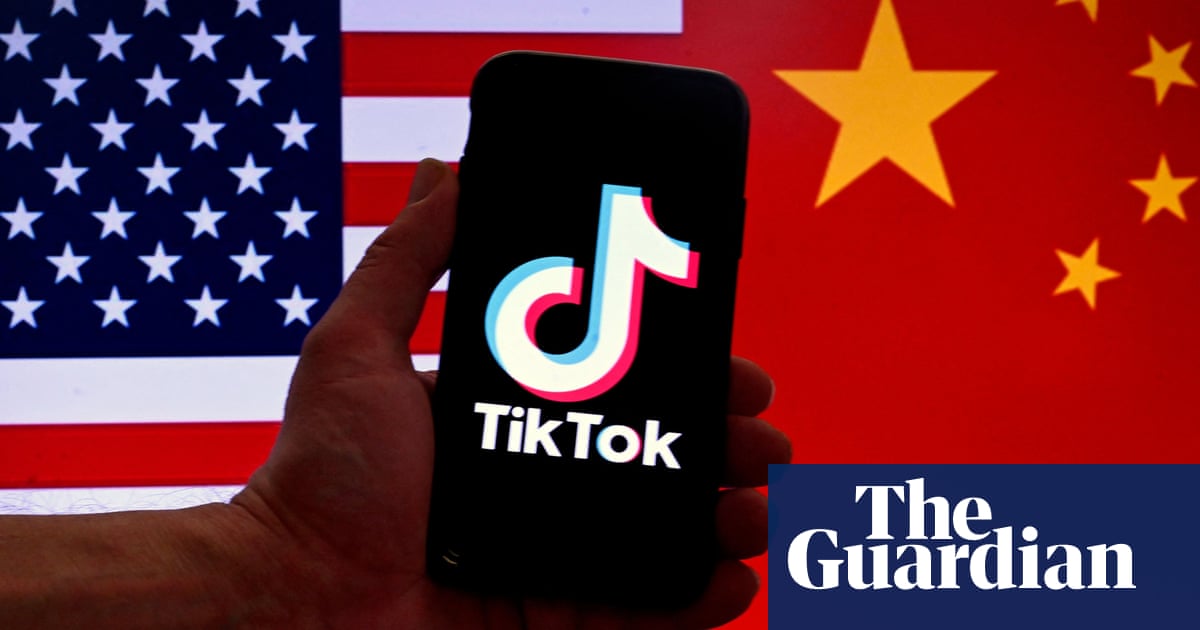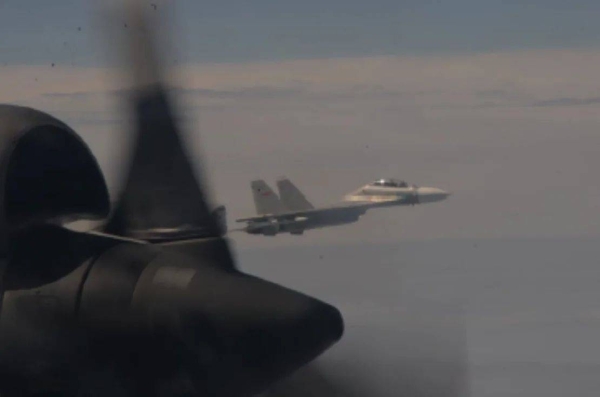
A decoupling of the world’s two largest economies has come to dominate the planning for a post-pandemic world. The resulting global landscape will be unlike anything since the Second World War ended 75 years ago.
ADVERTISING
Ads by Teads
The US and China’s combined GDP is $35.6 trillion and they are home to 1.72 billion of the world’s population, so there is plenty of reason to worry about what is increasingly becoming inevitable. Inconsistent White House messaging coupled with Beijing’s lunge to constrain Hong Kong’s autonomy with a national security law will lead to friction beyond tariffs or targeted sanctions. Both countries are reluctant to initiate unilateral draw-downs or launch diplomatic overtures aimed at normalizing or stabilizing the relationship, even as the pandemic is predicted to wipe out over $12 trillion of global GDP.
There is a chorus of buzzwords such as regionalization, reshoring, resilience and realignment —all trying to define what comes next should the US-China relationship cross the point of no return. However, fixating on the US and China frames the disintegration of the global order as an event that nations can still lobby Beijing or Washington to reconsider. It almost trivializes COVID-19’s incalculable impact on international governance, commerce, trade, travel, tourism and complex just-in-time supply chains. There is simply no rationale for a stubborn dependence on China’s manufacturing capacity and entrusting the world"s security and stability to Washington — even if the latter retains the wherewithal for it.
A pre-pandemic tariff war may have intensified conversations about decoupling but recent developments paint an even darker picture. Nations have resorted to power grabs, spurious territorial claims, geopolitical proxy struggles, outright unilateralism, gross stigmatization and benighted protectionism. The result is the series of bold, often unprecedented steps meant to re-assert strategic autonomy, clamp down on domestic dissent or dominate regional affairs.
It is not a US-China decoupling that the world, especially Arab states, should worry about, but rather the tectonic shifts elsewhere. In fact, it is already evident that most nations are already operating on the assumption that a decoupling is inevitable, and safeguarding national and/or regional self-interests.
The world was firmly on the path to some form of realignment before the two biggest economies began irreversibly drifting apart, albeit a gradually. The starting point is debatable but failures in the War on Terror, a devastating 2008 financial crisis and blunders in Crimea, Syria and Libya did not clear perceptions of Washington’s growing inability to continue its role as the world’s peacekeeper. Eventually, “America First” alarmed the world and the ambiguous policies that followed it merely accelerated the inevitable. Washington was already bleeding credibility, legitimacy and trust with repeated failures in a role it has monopolized since fear of communism entered the mainstream. As the current administration sees it, there is little incentive to expend political, diplomatic and actual capital to maintain a loose coalition of the unwilling or unconcerned. It was long past timke for America to recognize and respond to shifting currents favoring a new global order based on competing regions instead of Cold War era superpower rivalry.
It is not a US-China decoupling that the world, especially Arab states, should worry about, but rather the tectonic shifts elsewhere.
Hafed Al-Ghwell
What the world needed was a gradual shift, not a headlong rush into the unknown as is happening now.
Brussels appears to be settling for a “defensive decoupling” to shore up internal vulnerabilities exposed by the debt crisis, Brexit, COVID-19 and the sudden rise of euroskeptic, right-wing anti-immigrant political groups. The lack of forceful measures to address such weaknesses has emboldened governments in Poland and Hungary to test the EU’s patience, almost daring the bloc to enforce Article 7, or even establish mechanisms to expel non-conforming members.
Externally, the EU is consistently finding Washington an unreliable partner, while the conflict in Libya poses significant challenges in terms of illegal immigration, trafficking, embargo violations and terrorism. Additionally, the bloc is heavily dependent on gas supplies from its biggest adversary, Russia — itself determined to maintain this monopoly by wading into the Syrian and Libyan conflicts to destabilize an ambitious Mediterranean gas coalition aiming to supplant Gazprom as the EU’s principal energy supplier.
Brussels has also sought to defend its economic interests by targeting “market distortions” caused by state-subsidized foreign companies. The stated aim is to protect vulnerable European businesses from aggressive buyouts by Chinese or US companies as they try to recover after the pandemic-induced economic crisis. However, many fear the EU is succumbing to aggressive protectionism even if such initiatives will, for instance, rightfully curb foreign companies getting awarded EU-funded contracts by under-bidding domestic competitors.
Ankara views the EMGF and the growing influence of the GCC as an existential threat, necessitating its intervention in Syria and Libya and a more aggressive stance against Greece and Cyprus. Turkey fears being muscled out of the region and having to rely on energy imports as it vies to become an alternative manufacturing center in the new global supply chain proposed as an alternative to dependence on China.
Escalations at Galwan Valley, stoking tensions in the South China Seas, provocative military exercises off the Taiwanese coast and the situation in Hong Kong signal Xi Jinping’s expansionist ambitions. Beijing appears to have deepened its obsession with consolidating power domestically and projecting it abroad. Where Chinese warplanes, boots and warships cannot go, the yuan does — via either a gradual yuan internationalization that appears to have gained traction in Africa or quietly allowing its value to drop to the lowest level since 2008.
For a while, the widely held belief was that globalization would remain an unstoppable force and no matter what policy or ideological differences lay between the world’s power centers, the expansion of global trade and uninterrupted investment flows were ideals. However, a mix of strategic and economic aims sparked political discourse favoring a gradual decoupling, beginning with protecting sensitive sectors and rejecting technology transfers. The world did not account for nor adequately prepare for COVID-19 exposing globalization’s Achilles’ heel and so easily unraveling what had become the natural order.
With economies stalled, unemployment skyrocketing and supply chains seized up, decoupling has since overtaken globalization as most countries are looking inward or regionally to shock-proof economies and insulate societies from far-off threats. Unfortunately, decoupling is still very much the talk of politicians seeking to renationalize national core competences. Nonetheless, as the pandemic has shown, there is little downside to being well prepared.
Hafed Al-Ghwell is a non-resident senior fellow with the Foreign Policy Institute at the John Hopkins University School of Advanced International Studies. He is also senior adviser at the international economic consultancy Maxwell Stamp and at the geopolitical risk advisory firm Oxford Analytica, a member of the Strategic Advisory Solutions International Group in Washington DC and a former adviser to the board of the World Bank Group. Twitter: @HafedAlGhwell
Disclaimer: Views expressed by writers in this section are their own and do not necessarily reflect Arab News" point-of-view












